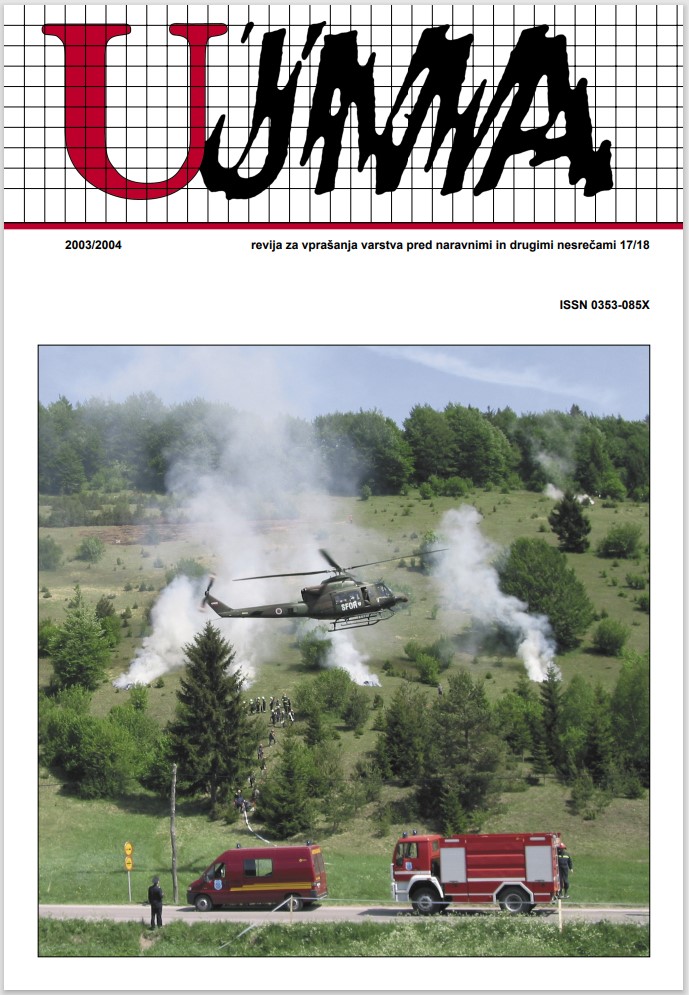THE GROWTH OF SARS
Abstract
The World Health Organization sponsored a global conference on SARS June 17-18, 2003 in Kuala Lumpur, Malaysia. This was an attempt to find answers to the following questions: Can SARS be eradicated? Are current control measures effective? Are current alert and response systems robust enough? It is obvious that the final solution is still unclear but some lessons have been learned from the first SARS epidemic which was caused by a new coronavirus. Lessons learned include the facts that existing measures were adequate if used rigorously and the final solution will be a vaccine. It is not clear if new outbreaks of SARS will occur.
References
Li-Yang Hsu, Cheng Chuan Lee, Justin A. Green in sod., 2003. Severe acute respiratory syndrome (SARS ) in Singapore: Clinical features of index patient and initial contacts. Emerg Inf Dis, 9:713–717.
Shling Jer Twu, Tzay Jin Chen, Tamara Fisk in sod., 2003. Control measures for severe acute respiratory syndrome (SARS) in Taiwan. Emerg Inf Dis., 9: 718–723.
Paul KS Chan, Jiohn S Tam, Ching Van Lam in sod., 2003. Human metapneumovirus detection in patients with severe acute respiratory syndrome. Emerg Inf. Dis., 9:1058– 1063.
Kamalji Singh, Li Yang Hsu, Jorge S. Villacian in sod., 2003. Severe acute respiratory syndrome: Lessons from Singapore. Emerg Inf Dis, 9:1294–1298.
Paul KS Chan, Margaret Ip. KC Ng in sod., 2003. Severe acute respiratory syndrome-associated coronavirus infection. Emerg Inf Dis, 9:1453–1454.
Downloads
Published
Issue
Section
License

This work is licensed under a Creative Commons Attribution-NonCommercial-NoDerivatives 4.0 International License.
The articles are made available to the public under Creative Commons Attribution-NonCommercial-NoDerivatives 4.0 International (CC BY-NC-ND 4.0).


